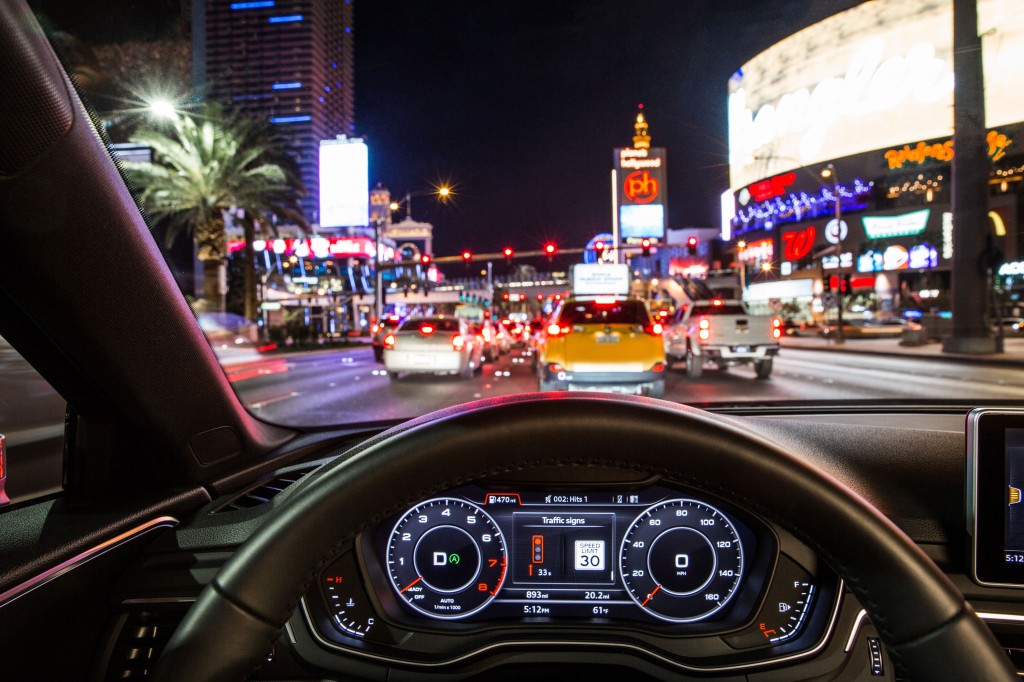Decreasing traffic congestion isn't as simple as building more roads, according to a new report. New road construction may actually be making traffic worse.
Called The Congestion Con, the report (via Curbed) found that traffic congestion has increased significantly over the past two decades--even as road construction has boomed.
The United States' largest 100 urban areas added 30,511 lane-miles of roads between 1993 and 2017, according to the report, a 42% increase.
That rate of growth outstripped population growth in these areas by 32%, according to the report, published by advocacy group Transportation for America. But traffic congestion, measured in annual hours of delay, increased 144% over the same period, according to the report.
Highway expansion can become a vicious cycle, the report argues.
Funneling billions of dollars into highway infrastructure instead of public transit keeps people reliant on cars, the report notes, encouraging more urban sprawl.
Overall vehicle miles traveled (VMT) have increased steadily in the U.S. over the past 25 years, exception for a period between 2008 and 2012 corresponding to the most recent economic recession.

Audi Traffic Light Information System, Las Vegas
Previous studies have also shown that expanded highway capacity gradually gets filled up with more cars.
One example is a paper from Kent Hymel of California State University of Northridge, which showed that adding 1% of highway capacity leads to an identical increase in VMT.
A better idea may be encouraging drivers to leave their cars at home and take public transit instead, which some European cities have tried.
In the U.S., though, impatience with public-transit development has made road construction the default solution to congestion.
Another possible factor is the anticipated rise of self-driving cars. Because cars are expected to be used in shared fleets, advocates claim they will be more efficiently utilized than private passenger cars.
But this may also result in cars driving around with no one on board in between fares. Autonomous ride-sharing could also compete with public transit, essentially continuing the problem of over reliance on cars.
Perhaps commuters won't mind being stuck in traffic if they aren't the ones driving.












